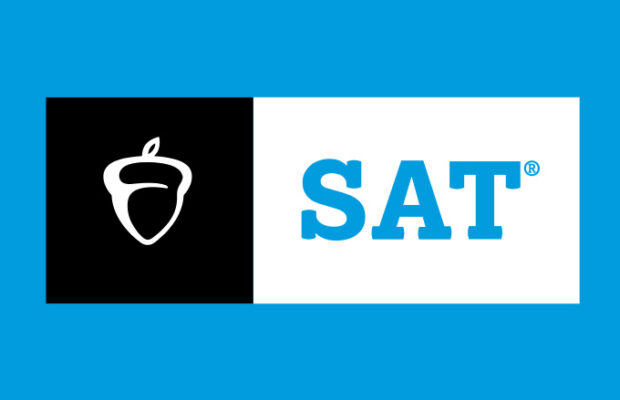RAISE? Businesses, student employees wrestle with minimum wage
By Sheila Moussavi 2007
Earlier this month, the House of Representatives passed a controversial bill demanding a gradual rise in the minimum wage to $7.25 an hour in 2009. The federal minimum was last set at $5.15 an hour in September 1997. Since then, the wage has generated much debate but has undergone no changes, making this the longest gap between increases since the minimum wage was implemented in 1938.
While we’ve come a long way from the first minimum at $0.25 an hour, many argue that another increase is long overdue. With continuous inflation, many would agree with senior Reid Erickson that, “You just can’t survive on $5.15 anymore.” And with the federal poverty line for a family of three at $16,090 (well over what an employee would make working full-time at minimum wage), Erickson may have a point.
Senior Andy Frederick, who works at Roots Market for $7.50 an hour, said he has it relatively easy. But he can imagine a different context: “When you have a little bit of support at home and don’t have to worry about those expenses, money can be used freely. But once you’re on your own and you’ve got kids to feed, I can imagine it would get really overwhelming if you’re only making minimum wage.” Fredrick’s argument pertains especially to the nearly 50 percent of the minimum wage earners who are over the age of 24 and considered adults.
On the other hand, there are those who argue that the percentage of Americans living at the minimum wage is too small to justify the negative effect that raising the minimum wage will have on businesses. Many businesses may have difficulty weathering a raise in minimum wage.
Lee Cronkhite, manager at Pablo’s Mexican Grill, said he thinks sacrifices will have to be made to compensate for a minimum wage of $7.25. “We’re not going to sacrifice our food quality since we use all fresh ingredients, so our prices will have to go up quite a bit,” he said. To many, like junior Nick Patten, the result (higher prices) offsets the benefits of raising the minimum wage.
Patten, who works at Pablo’s for $5.75 an hour, said he reversed his original opinion on raising the minimum wage to $7.25 after considering the effect it would have on businesses like Pablo’s.
“It’s just not worth it,” he said. “The cost of living would increase, and it would eventually balance out anyway.”
Cronkhite supported this conclusion. He said, “I think the minimum wage should be raised, but $7.25 is a little drastic. This is still the Midwest, and people still want a simple life.”
Cronkhite’s fear that raising the minimum will only lead to higher costs of living is a common one. Many would agree with his argument that, “If people wanted to pay $8 for a side of french fries, they’d probably move to California.”
Though Cronkhite is probably justified in fearing an increased cost of living, UNI’s Economics Professor and Department Head Dr. Fred Abraham said he believes that the difference will not be as drastic as many businesses anticipate. “This will be a one-time increase in costs,” he said. “Once they’ve found a new level, they’ll reach equilibrium and stay there.”
According to Abraham, once the businesses have adjusted to the new prices, there will be no need to fear a continuing inflationary trend.
The UNI professor offered further consolation for concerned business owners: Though their prices will probably rise, their competitors will be enduring the same changes. As a result, none will lose customers to the others.
He said, “If one business decides to raise their minimum wage and their prices independently, they would probably lose some business to their competition. But if the law says they all have to raise their minimum wage, they will end up balancing each other out.”
Even without outside competition, compensating for any changes in the minimum wage may still prove problematic for many businesses. And even though a relatively small percentage of Americans actually work at minimum wage, those who do may still have difficulty coping with inflation.
As Abraham said, “There are strong arguments that can be made both ways. The businesses will always tell you that they can’t survive with the changes, and the workers will always tell you that they can’t survive without them. If you ask an economist, his first words will be ‘it depends.’”
But if you ask Rob Stanley, owner of the Roots Market, you may be surprised by the answer. He said he is not for keeping wages down. In fact, it is his personal choice to pay his employees almost two dollars above the minimum.
“When you pay better, there’s more loyalty,” Stanley said.








You must be logged in to post a comment Login